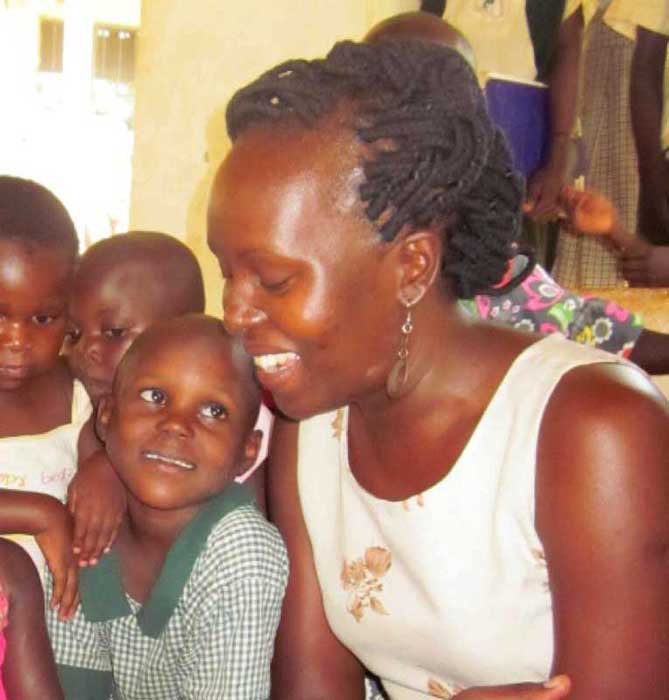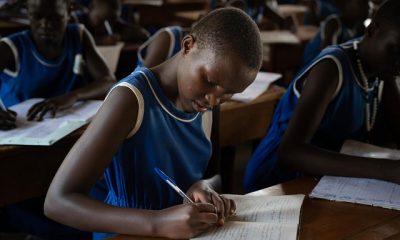Education
Activists call for mindset change to eradicate banned corporal punishments

Dorah Andezu, the Executive Director Parenting Uganda
Can you learn when you are afraid? Can you experience the transformative power of education when your teacher beats you?
Answering these questions, the evidence shows that violent punishment creates fear, anger and humiliation which stops children from learning.
Experts further say that corporal punishment causes physical and psychological harm, and this affects children’s brain and cognitive development, leading to lower educational outcomes.
Because beating prevents the children from building healthy relationships and causes school dropout among many other negative short and long-term impacts for both the individual and society, Child rights activists have challenged themselves to come up with deliberate efforts to change people’s mindset regarding corporal punishment.
A group of activists under their umbrella body the Uganda Child Rights NGO Network noted that having a law banning corporal punishment in schools has proved inadequate in stopping the vice because the practice has continued both in schools and homes hence continued violence against children.
Meeting at Raising Voices offices in Kamwokya, the activists that operate with the education institutions called for collaborative efforts with Civil Society, Religious, Cultural, and other authorities to sensitize members of the public in order to change their mindset about the outdated way of correcting children.
The group wants to start with engaging teachers in schools to stop the practice of corporal punishment and instead adopt other positive disciplinary mechanisms that do not inflict pain on children but are more effective.
Dorah Andezu, the Director Parenting Uganda says that many people do not appreciate banning corporal punishment, we believe that when we do not beat we do not love our children.
Just like women who say that when the husband does not beat them then he does not love them, so some people associate beating with love.
Andezu says that it takes mindset change, it takes speaking to people, there is a lot of work to be done around that, but it is mainly to do with mindset change right from the young generation.
“Because the generation we have right now we were beaten so we believe that we need to beat, now the change needs to begin with the parents themselves, the youths and even the young people. Nothing much can be done if you don’t have mindset change.” Said Andezu
Andezu believes that people must understand the difference between punishing and disciplining, many times people are punishing instead of disciplining.
Discipline is teaching and it has different components that go along with it, but punishment comes with the pain of feeling how I get along with it, she explains.
For Tabitha Suubi the Program Manager – Communications at Raising Voices, this beating of children is not necessarily an African practice as some people argue. She says for instance that here in Central Uganda, there was a culture of storytelling at the fireplace where parents would have conversations with their children to correct them from wrongdoing.
She adds that Corporal punishment was only introduced by those who brought formal education and after realizing its consequences they started to reverse the practice.
Hope Wambi from Raising Voices adds that despite having the law in place the practice of beating up pupils and students instead rose to the extent that it is also witnessed in urban private schools. Wambi points out that before, the civil society campaigns / messages have been targeting rural schools but now they have to consider some of the schools around the urban centers.
“Some of these good academic grades registered in these schools are attributed to caning children which does not benefit the learner but rather the school because it will attract more pupils or students at the next enrollment,” says Wambi.
Wambi adds that back in the day, one would not expect corporal punishment in secondary schools but today things have changed.
However, Wambi is optimistic that working through the recently launched Positive Discipline Coalition, stakeholders including teachers, Parents, educationalists, religious and cultural leaders will offer practical solutions that are more effective in correcting children without inflicting pain and avoid the adverse consequences of violence against children.
Comments


















